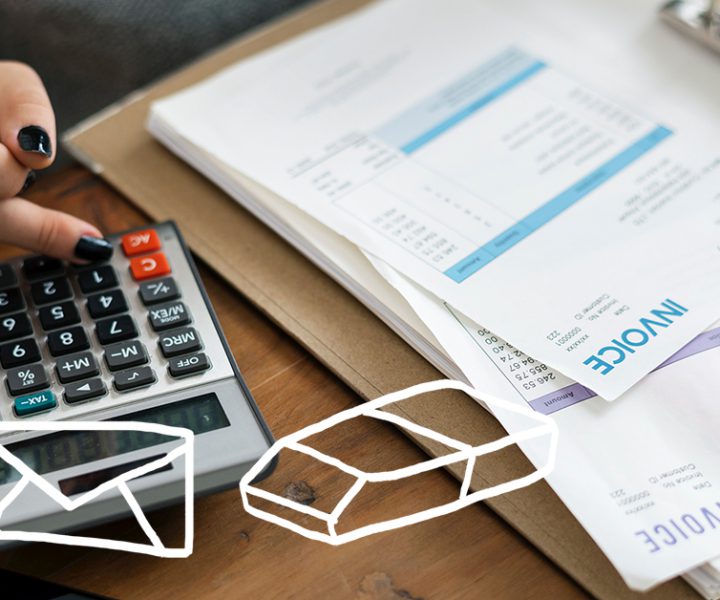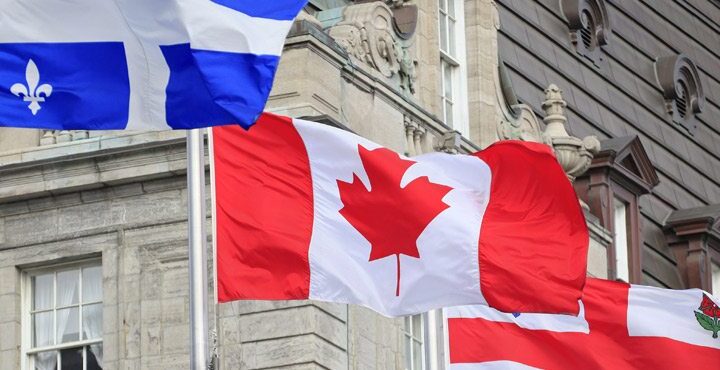Switch to TurboTax and get the expert help you need for only $60.
Declaring Foreign Property on Your Tax Return
TurboTax Canada
January 7, 2020 | 3 Min Read
Updated for tax year 2025

As a Canadian, it’s important to be aware of the rules for declaring foreign property on your tax return. Whether you’re born and raised in Canada or a newcomer to this country, you’ll need to declare any foreign property you own when it comes time to file your tax return. The rules only apply to certain categories of foreign property with a value in excess of $100,000.
You don’t need to declare a cottage valued over $100,000 as foreign property.
When You Need to Report Foreign Property
If you own foreign property with a cost in excess of $100,000 at any period during the year, you must make an annual disclosure with the Canada Revenue Agency.
This property includes bank accounts, stocks, bonds and real estate. Even if you have stocks and bonds held in Canadian brokerage accounts, you need to report them. You make the declaration on Form T1135, Foreign Income Verification Statement.
“Form T1135 requires detailed information about your foreign property, including income generated, location and maximum cost during the year,” says Jason Heath, a certified financial planner at Objective Financial Partners, Inc. in Toronto. “Penalties of $25 per day, up to $2,500 per taxpayer, are payable for non-disclosure or late filing.”
When completing your tax return, you have to answer the question, “Did you own or hold foreign property at any time in the year with a total cost of more than CAN$100,000?” If you answer “yes” to this question, you’re required to complete Form T1135. You must complete this form if you are a Canadian resident or you own a foreign corporation or trust, or you’re the partner in a foreign business.
Since 1997, Canadians have been required to declare foreign property in excess of $100,000. If you previously forgot to submit this form, you can submit a Voluntary Disclosure to avoid costly penalties. When you do this, include T1135 forms from previous tax years with your disclosure.
Specified Foreign Property
Some taxpayers might think that the term “foreign property” just refers to real estate, when it refers to a lot more.
Here are some examples of foreign investment property you must include on Form T1135:
- A life insurance policy you own from a foreign issuer
- Interest you own in any offshore mutual funds
- Any real estate you own held outside Canada
- Money in a foreign bank account
- Shares you own of a foreign company
- Interest you hold in a non-resident trust
- Bonds or debentures owned from foreign countries
- Any other income you earn from foreign property.
Foreign Property You Don’t Need to Declare
Not all foreign property above the $100,000 limit needs to be declared on your tax return.
Any investments you hold inside your Registered Retirement Savings Plan and Tax-Free Savings Account don’t need to be included as specified foreign property.
Here are some other examples of foreign property you can exclude:
- Any property you own primarily for personal use, including your automobile, cottage, paintings and jewelry
- Any property you use for running a business like a building, equipment and inventory
It’s important to remember that just because a company’s stock is traded on a foreign TSE 300, doesn’t mean you have to include it as foreign income. Many Canadian companies are traded in this manner; you aren’t required to count these towards the $100,000 limit for foreign property.
References & Resources
- Canada Revenue Agency: Foreign Reporting
- Canada Revenue Agency: Foreign Income Verification Statement
- Jason Heath, certified financial planner; Objective Financial Partners, Inc.; Toronto, Ontario
Photo Credits
- Digital Vision/Photodisc/Getty Images
Related articles

© 1997-2024 Intuit, Inc. All rights reserved. Intuit, QuickBooks, QB, TurboTax, Profile, and Mint are registered trademarks of Intuit Inc. Terms and conditions, features, support, pricing, and service options subject to change without notice.
Copyright © Intuit Canada ULC, 2024. All rights reserved.
The views expressed on this site are intended to provide generalized financial information designed to educate a broad segment of the public; it does not give personalized tax, investment, legal, or other business and professional advice. Before taking any action, you should always seek the assistance of a professional who knows your particular situation for advice on taxes, your investments, the law, or any other business and professional matters that affect you and/or your business.








